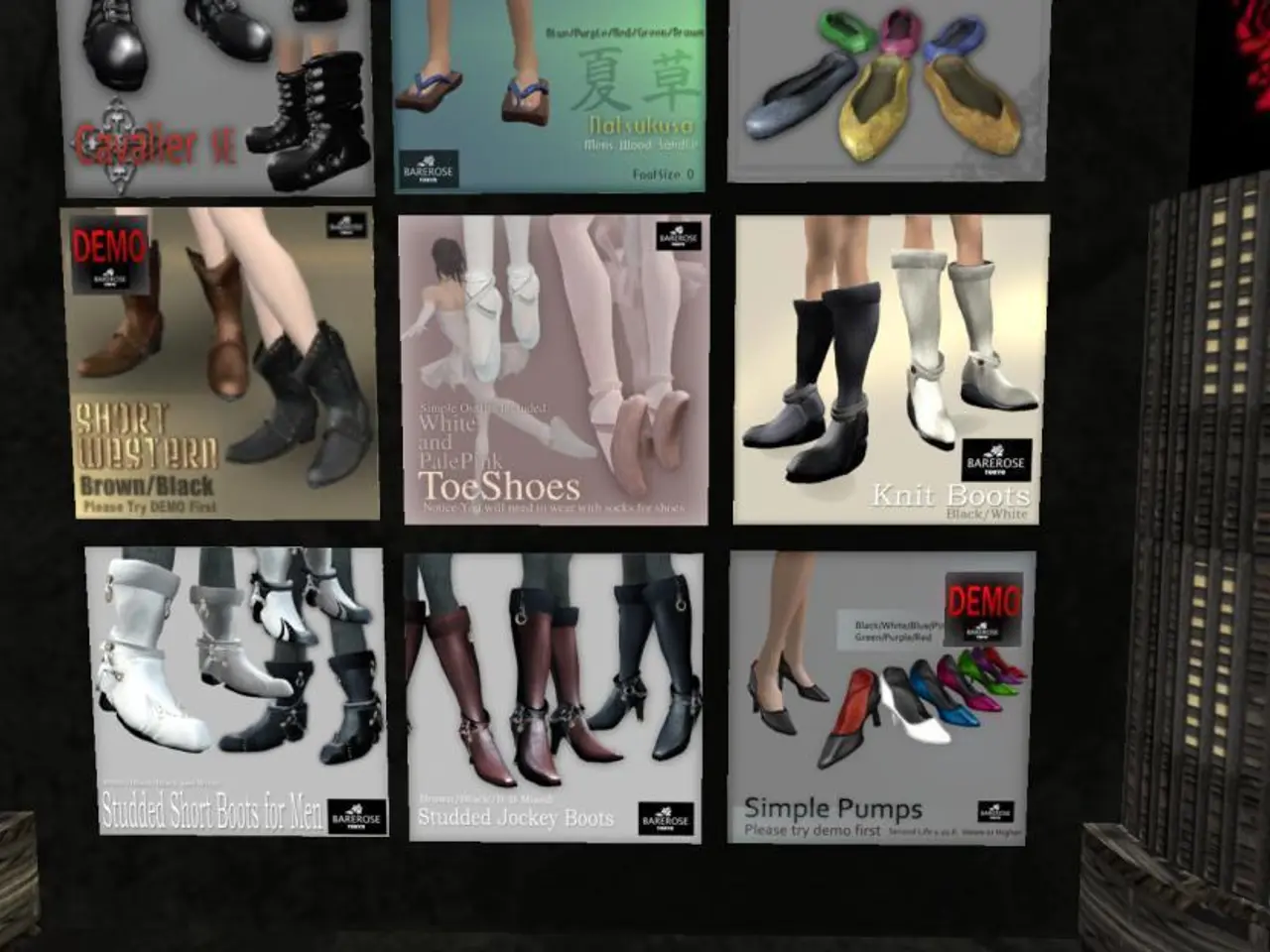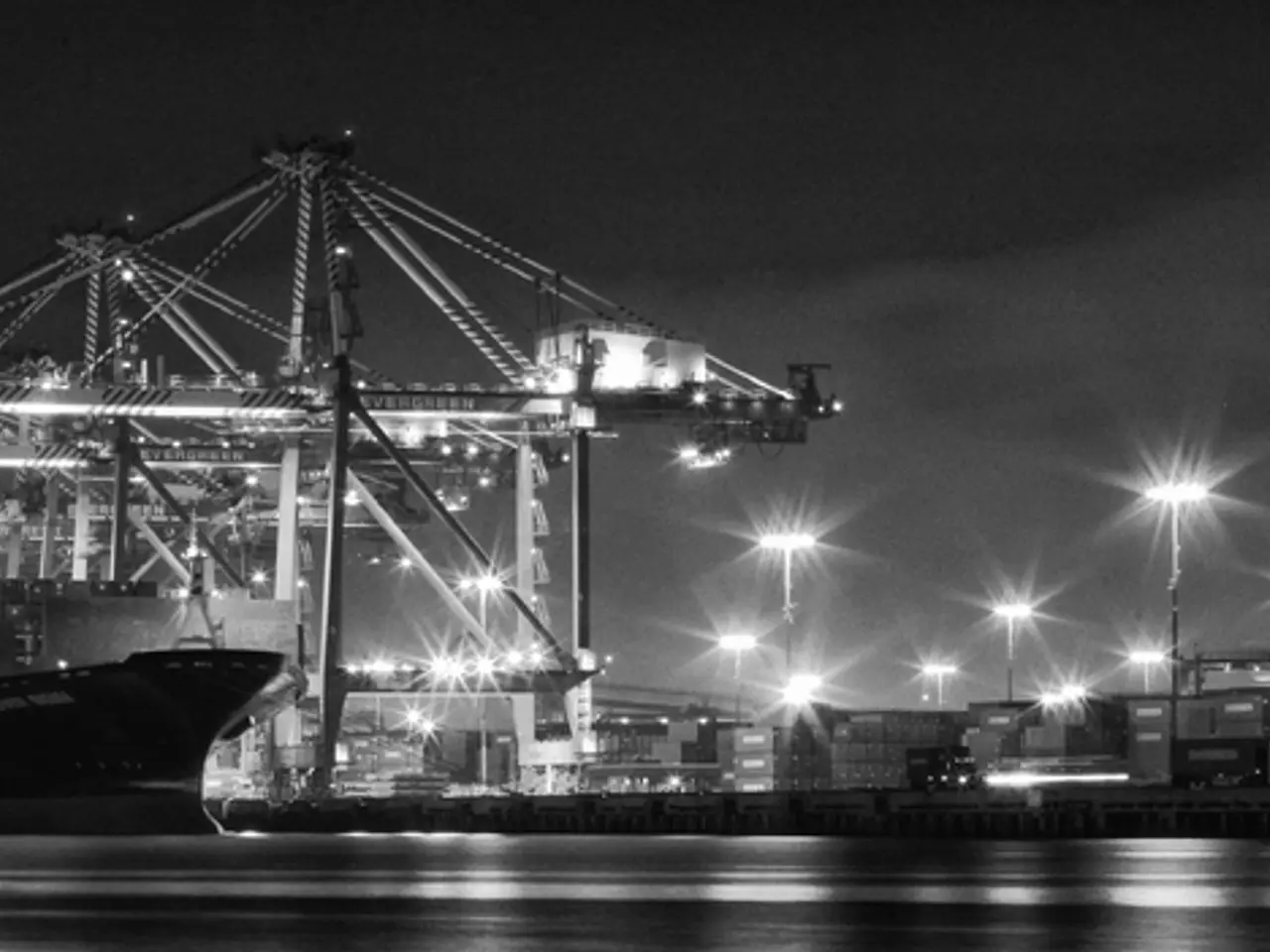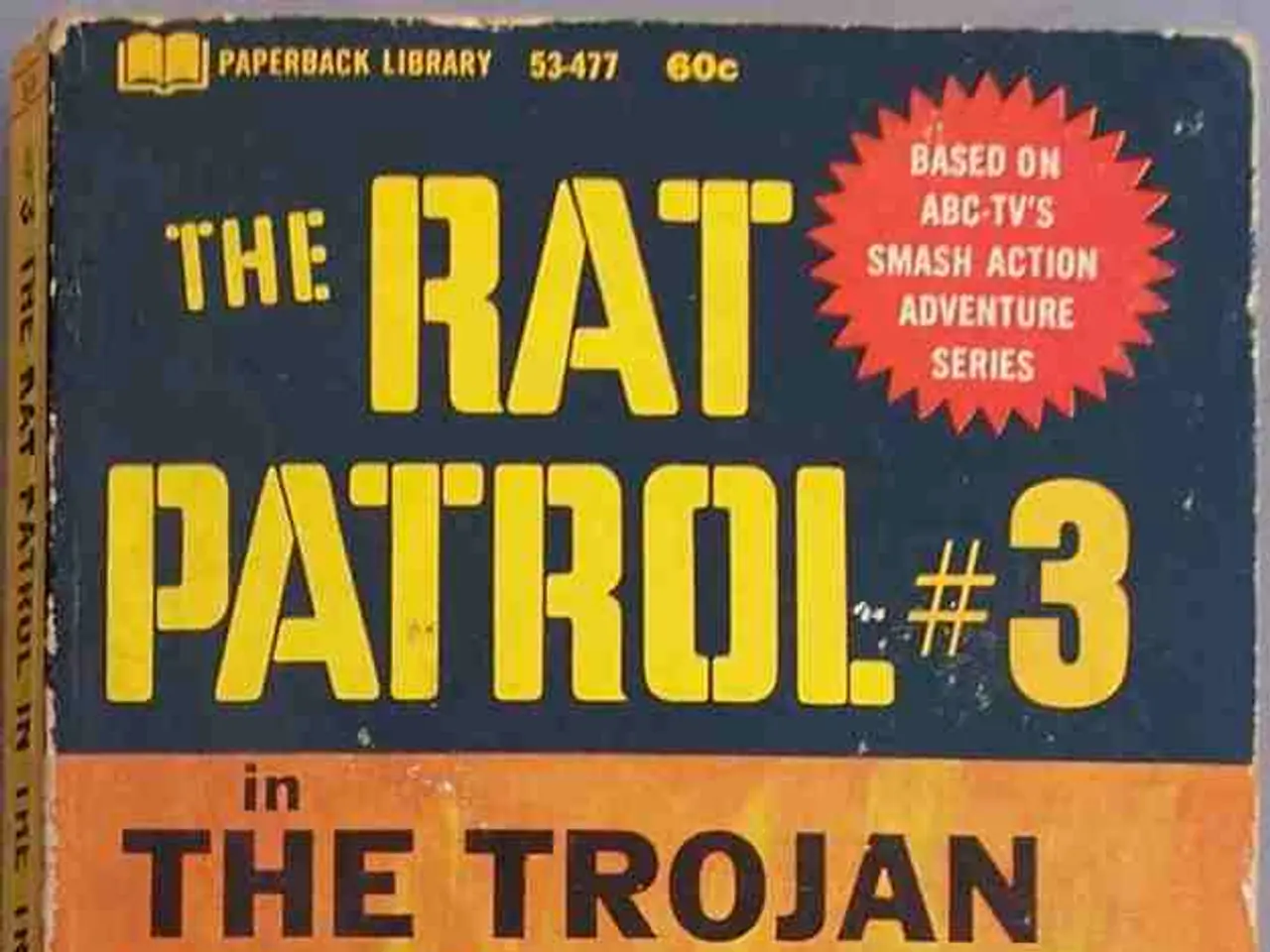Companies Face Financial Pressure from Trump's Tariffs; Some Seek Tariff Refunds
As the chief merchandising officer for a leading Amazon seller, Owen Carr found himself paying more for imported deck chairs than ever before. The reason: the chairs, priced at $79 on Amazon, were among the first Chinese imports subject to tariffs of 145 percent, a rate imposed by President Donald Trump, upon their arrival at a Seattle port in late April. "I was paying more to customs than to the factory for the goods themselves," Carr notes.
Now, Carr's company, Spreetail, is among a select group of importers contemplating whether the Trump administration might provide a refund. On May 12, Trump reached a 90-day trade-war truce with China, slashing the minimum tariffs to just 30 percent, a rate significantly lower than the previous one, which was in effect from April 10 through May 14.
A handful of trade attorneys acknowledge that they've advised clients that refunds for the higher tariff rate are unprecedented but not impossible. Companies affected by the increased tariff believe they were unfairly caught in Trump's hastily arranged negotiations. According to Michael Roll, a partner at Roll & Harris, "There's still a chance" of refunds, although he cautions, "I wouldn't bet on that."
In order for refunds to become a reality, either Trump, Congress, or the courts would have to authorize a new tariff exemption for affected companies. Attorneys claim that their clients have been lobbying the Trump administration and lawmakers for exemptions, including retroactive measures that would result in reimbursement.
US Customs and Border Protection, which administers tariffs and exemptions, did not respond to a request for comment regarding the likelihood of refunds.
Trump regards his trade policies as critical for increasing US manufacturing and gaining leverage over China. However, his actions are starting to erode the prices and product selection formerly familiar to US consumers, according to retail data and experts. Allowing merchants to recuperate the 115 percent they paid in higher tariffs could help ward off further price increases and enable them to maintain their businesses if Trump reimposes tariff hikes, attorneys suggest.
Importers that chose to bring in goods, knowing the risks after Trump imposed a 125 percent tariff on Chinese imports, face potentially long-lasting consequences. US regulations require importers to hold a bond, or essentially insurance, so the government can seize funds if companies fail to pay their full tariff obligations. As insurance requirements increase, so do the overall costs of the bond. "I've heard this could kill us if we have to up our bonds," Oleynik says.
Companies like Spreetail were aware of the risks associated with importing goods under Trump's policies and paid elevated tariffs on the deck chairs and around 200 other products, including Razor scooters, ChargePoint EV chargers, and Sterilite boxes, according to Carr. The tariff rate reached 190 percent after accounting for item-specific tariffs. Unfortunately, Carr admits that Spreetail will not be able to get back the additional dollars paid.
- Owen Carr, the chief merchandising officer at Spreetail, is considering the possibility of a refund from the Trump administration due to the higher tariffs imposed on imported goods like deck chairs.
- The trade war truce between the US and China on May 12 reduced the minimum tariffs from 145 percent to 30 percent, providing hope for companies affected by the increased tariffs.
- A group of trade attorneys are advising their clients to lobby the Trump administration and lawmakers for tariff exemptions, including retroactive measures that would result in reimbursement.
- If refunds for the higher tariff rates are granted, it could help merchants mitigate further price increases and maintain their businesses, according to attorneys.




